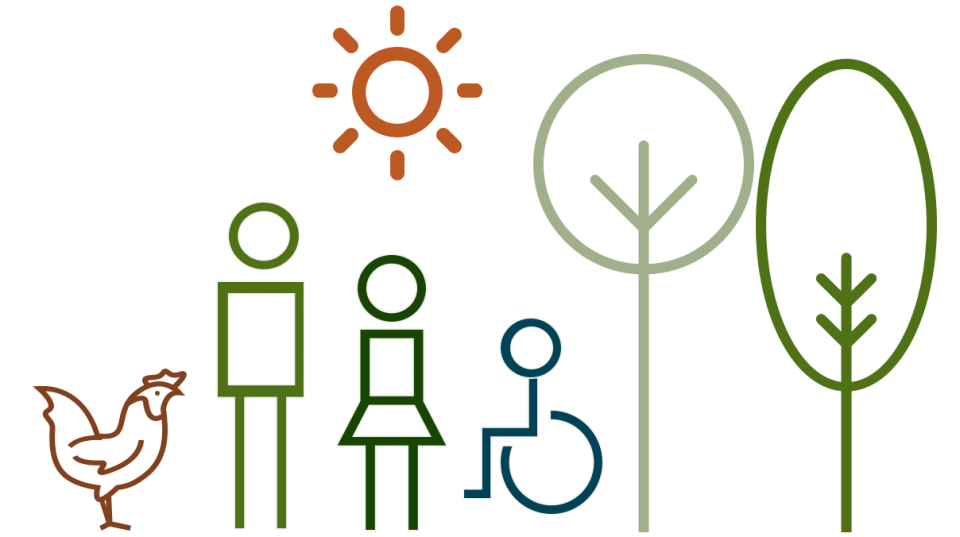Overview
This project aimed to understand and increase the role of traditional vegetables in Papua New Guinea and the Top End of the Northern Territory for smallholder growers, for more diversified incomes and improved livelihoods.
Food consumption patterns in urban areas of Papua New Guinea have changed in recent decades, and more consumers prefer imported foods. Store-bought foods, energy dense but nutritionally poor, are replacing micronutrient rich traditional garden foods in both rural and urban diets. Northern Australian communities face similar problems.
This project aimed to increase production and consumption of traditional vegetables through surveys conducted with consumers, growers, markets and institutional buyers; developing communication tools; and building capacity.
Pest management and nutritional analysis training started in late 2016, at the World Vegetable Centre, Taiwan. Training will be passed on to Papua New Guinea communities.
Project Outcomes
- Identification of suitable varieties and improved propagation and crop management strategies appropriate for PNG and the NT, with potential application more widely in the region.
- Understanding and identification of behaviours, preferences and trends influencing consumption of traditional vegetables and comparison between rural and urban consumers. From these studies we were able to provide growers with information on the most preferred vegetables and traits, value adding opportunities, and understand the growing importance to consumers of nutritional information.
- Extensive training for farmers and extension staff on pest and disease management, financial literacy, gross margin analysis, seed saving and storage, establishing nurseries, postharvest handling, and propagation.




